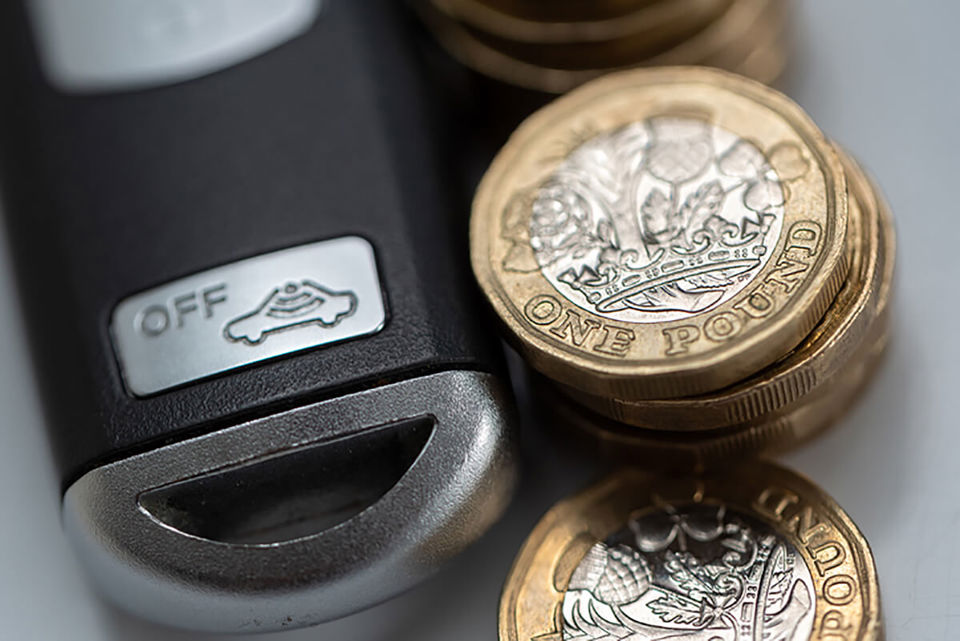The Government has insisted it has no plans to introduce pay-per-mile road pricing as an alternative to other vehicle taxes.
Vehicle Excise Duty (VED) was worth £7.4 billion to the UK in 2022/23 with fuel duty just over £25bn.
However, with more electric vehicles (EVs) joining the UK car parc, the Treasury is facing a reduction in its tax take and it was understood ministers were looking at alternatives with a possible announcement in the Budget.
Earlier this year, think tank the Resolution Foundation suggested a new ‘road duty’ for EVs – levied at around 6p per mile (plus VAT) – to offset the decline in fuel duty.
But a Government spokesperson has now said: “We have no plans to introduce road pricing. We are committed to supporting our automotive sector as we transition to electric vehicles in order to meet our legally binding climate targets.”
The clarification comes as a new report, from New AutoMotive, suggests that radical vehicle tax reform is unnecessary to support the country’s transition to EVs.
The ‘Vehicle Taxation: The Next 25 Years’ report reviewed the state of vehicle tax for EVs and future tax strategy.
Recommendations include ruling out pay-per-mile road pricing which - based on sales figures from Iceland and New Zealand - has the potential to stall the strong EV take up in the UK. Both countries experienced a slump in EV sales after implementing the policy.
Instead, the report says that the Government should look to reform road tax - taxing all vehicles, regardless of age, on their efficiency rather than at a flat rate, to ensure owners of less efficient vehicles pay more.
As a result of the current road tax policy, introduced during the previous administration, drivers of cleaner cars are paying up to 10 times more than owners of older, more polluting petrol and diesel vehicles.
Finally, it claims only a modest increase in fuel duty is required to ensure that drivers of petrol and diesel vehicles continue to pay for their emissions.
Ben Nelmes, CEO of New AutoMotive, said: “It’s wrong to think that the transition to cleaner transport will take the public finances over a cliff edge.
“Electric cars aren’t a sin to be taxed but a boon for the economy. Our recommendations suggest a way forward for the Chancellor that is simple and would avoid the kind of bad outcomes seen in other countries that introduce pay-per-mile charging on electric cars.
“Our recommendations would avoid the creation of an electric car tax penalty that is currently due to come into force in April 2025, and which may prevent more people from accessing the benefits of getting a used electric car. EVs can be good for motorists and the taxman - a win-win for people and the planet.”
New AutoMotive is an non-governmental organisation (NGO) that is working to increase the pace of the clean energy transition focusing on road transport - one of the largest sources of greenhouse gas and pollution.























Login to comment
Comments
No comments have been made yet.